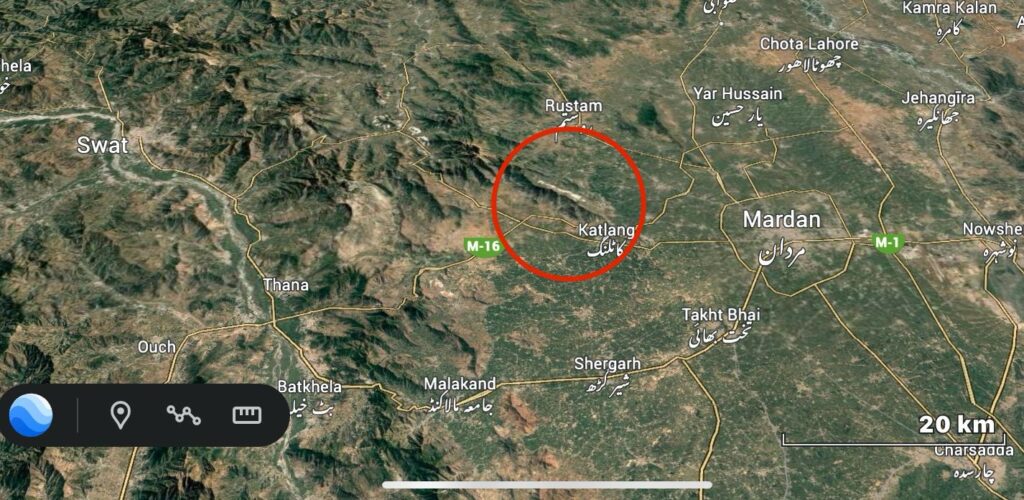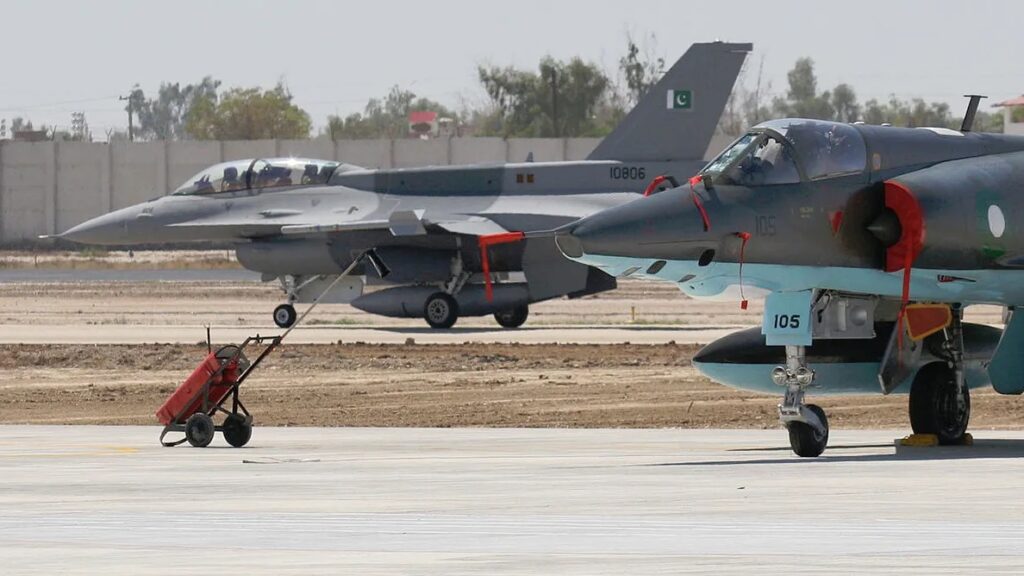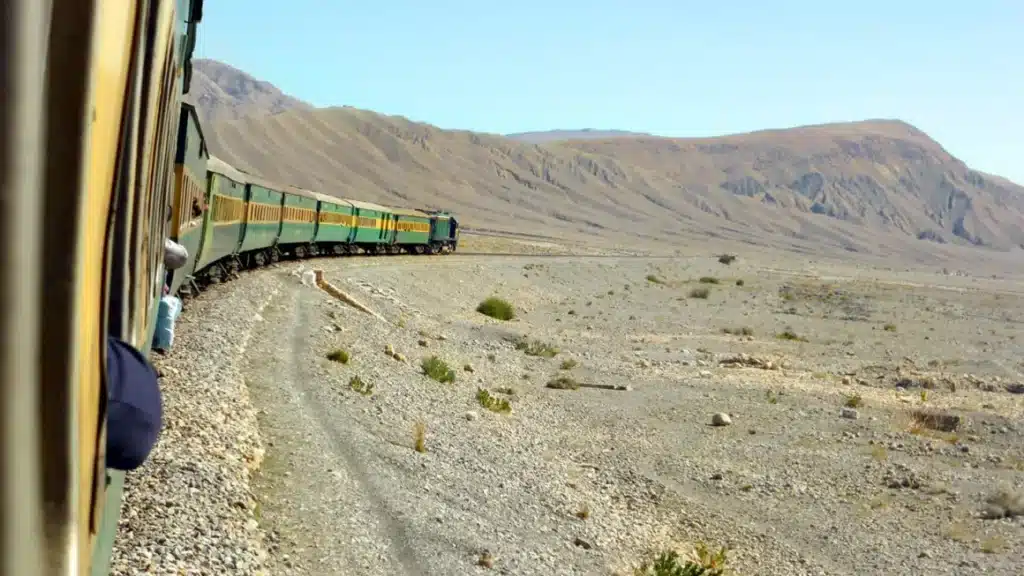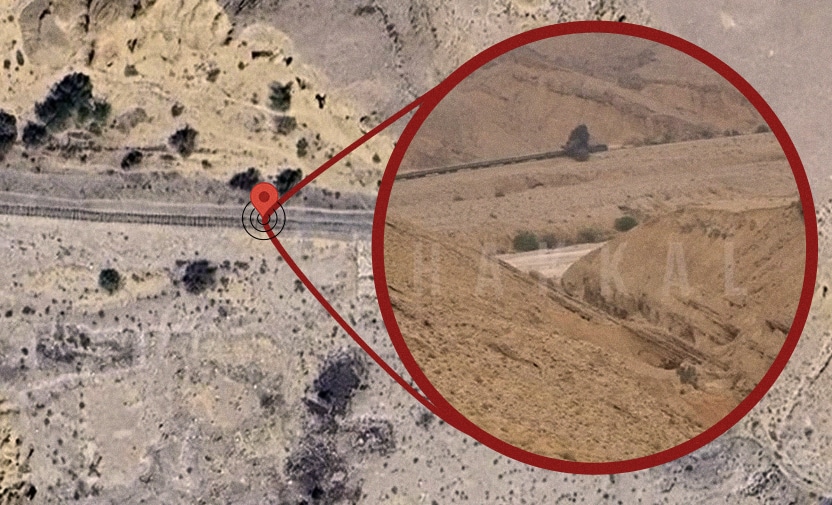QUETTA: A report by YouTube channel Naya Daur TV reveals astonishing details about China’s increasing involvement in Pakistan’s efforts to counter Baloch separatists.
Balochistan, a mountainous region rich in minerals but plagued by political unrest, has witnessed decades of separatist insurgency.
However, a new stakeholder—China—has entered the equation. With multibillion-dollar investments under the China-Pakistan Economic Corridor (CPEC), China’s interests have shifted from infrastructure development to full-scale security operations.
China’s engagement in Balochistan stems from both strategic and economic motives.
Having invested over $60 billion in projects like Gwadar Port, energy infrastructure, and transportation networks—many of which pass through Balochistan—China now views regional stability as a matter of national security.
In response to frequent attacks on its nationals and assets, China has begun assisting Pakistan with high-tech surveillance tools, including CH-4 drones capable of long-range monitoring, precision strikes, and high-resolution imagery.
Additionally, Pakistan has received CCTV systems, facial recognition technology, and license plate scanners installed along key CPEC routes, especially in Gwadar, Quetta, and Karachi.
Chinese support extends into cyber and communication domains. With Chinese software and expertise, Pakistan’s intelligence agencies—especially the ISI—can now intercept calls, monitor WhatsApp messages, and track satellite phone and social media activity.
AI-powered systems detect threatening language and allow preemptive security responses.
Inspired by Chinese digital surveillance models, Pakistan is adopting censorship tools like VPN bans and real-time social media filtering to suppress separatist content and online dissent.
Pakistan has also received full digital counterinsurgency kits influenced by some of the world’s most tightly controlled states.
A special security division comprising 15,000 personnel has been dedicated solely to protecting Chinese interests in Pakistan.
In some areas like Gwadar, private Chinese security contractors work alongside local forces.
Regular bilateral security meetings are held to review threats and develop counterstrategies.
While China offers advanced technology and diplomatic shield—defending Pakistan against international criticism over human rights abuses in Balochistan—it also helps label Baloch insurgent groups as global terrorists.
For example, in 2019, the Baloch Liberation Army (BLA) was designated a terrorist organization by the U.S., partly due to joint diplomatic efforts by China and Pakistan.
Despite these measures, human rights advocates caution that Pakistan’s surveillance-heavy approach may undermine democratic rights and fuel more resentment among the local population.
They argue that while China can provide tech and backing, the Baloch issue remains political, not purely technical.
The report emphasizes that although CPEC has the potential to bring prosperity, continuous suppression could ignite further conflict.
ALSO READ: Security forces arrest two BLA terrorists alive from Saraah Dhaka mountains
China’s support is transforming Pakistan into a digital fortress—but beneath this high-tech defense lies an old spark of unrest. If left unresolved, it could one day ignite beyond control.





